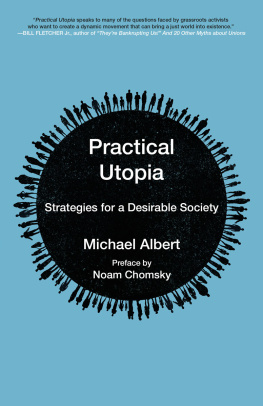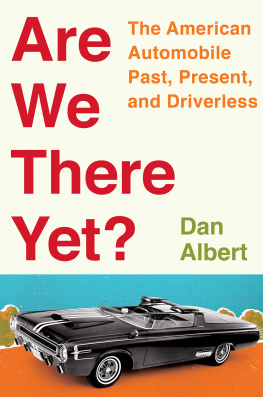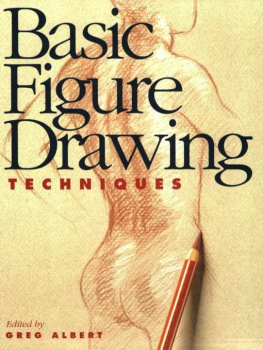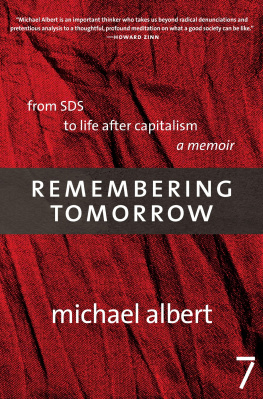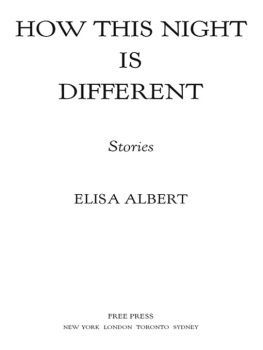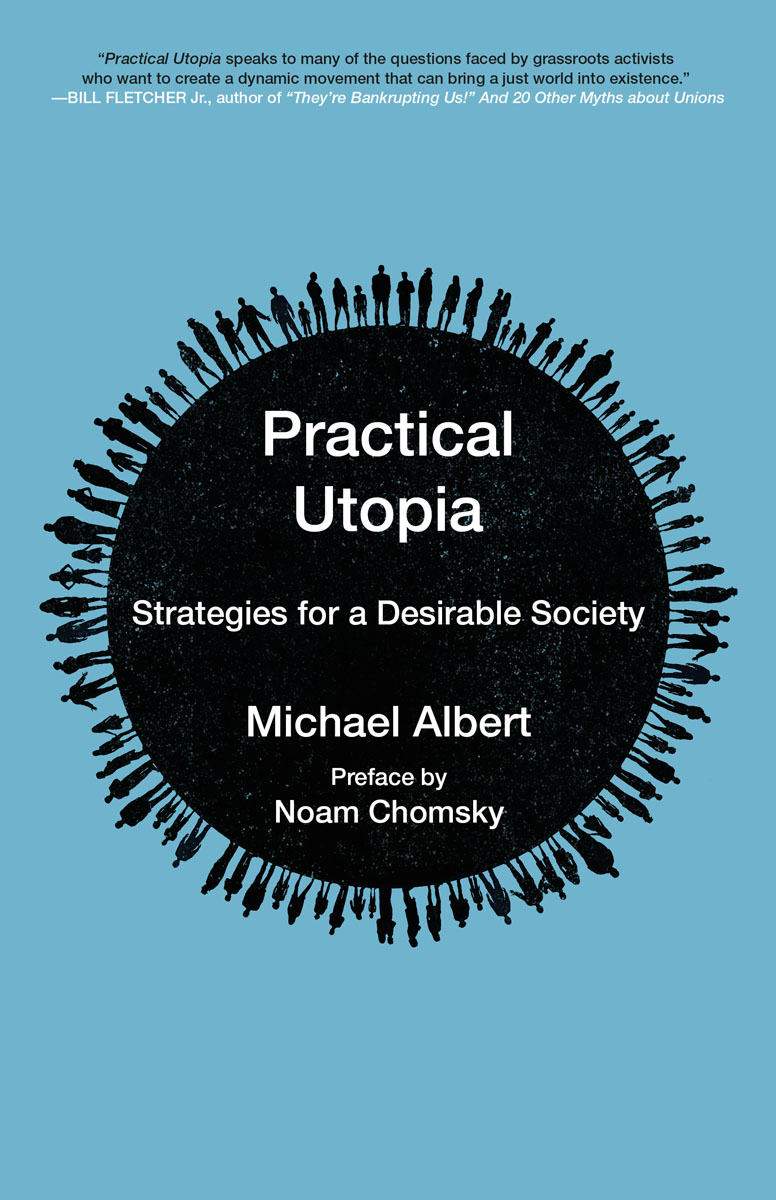


In ancient Greek philosophy, kairos signifies the right time or the moment of transition. We believe that we live in such a transitional period. The most important task of social science in time of transformation is to transform itself into a force of liberation. Kairos, an editorial imprint of the Anthropology and Social Change department housed in the California Institute of Integral Studies, publishes groundbreaking works in critical social sciences, including anthropology, sociology, geography, theory of education, political ecology, political theory, and history.
Series editor: Andrej Grubai
Kairos books:
In, Against, and Beyond Capitalism: The San Francisco Lectures by John Holloway
Anthropocene or Capitalocene? Nature, History, and the Crisis of Capitalism edited by Jason W. Moore
Birth Work as Care Work: Stories from Activist Birth Communities by Alana Apfel
We Are the Crisis of Capital: A John Holloway Reader by John Holloway
Practical Utopia: Strategies for a Desirable Society by Michael Albert
Practical Utopia: Strategies for a Desirable Society
Michael Albert
2017 PM Press.
All rights reserved. No part of this book may be transmitted by any means without permission in writing from the publisher.
ISBN: 9781629633817
Library of Congress Control Number: 2016959606
Cover by John Yates / www.stealworks.com
Interior design by briandesign
10 9 8 7 6 5 4 3 2 1
PM Press
PO Box 23912
Oakland, CA 94623
www.pmpress.org
Printed in the USA by the Employee Owners of Thomson-Shore in Dexter, Michigan.
www.thomsonshore.com
Contents
Preface
Noam Chomsky
It is tempting, and plausible, to regard the current historical period as an interregnum in Antonio Gramscis sense, recalling his words on the crisis of his day, which consists precisely in the fact that the old is dying and the new cannot be born; in this interregnum a great variety of morbid symptoms appear.
The morbidity of many of the symptoms is all too apparent, and the crises are all too real.
The crises of our day come in two forms: some are merely very serious, while others are literally existential. In the latter category there are two crises, each posing challenges that have never arisen before in human historyliterally challenges of survival, for humans and innumerable other species.
In their most critical form, both of these crises can be dated to the end of World War II. The first crisis is the nuclear age, which dawned on August 6, 1945, a day when those with eyes open understood that human intelligence had devised the means to destroy the species, and much else along with it. A review of the record of near accidents and reckless actions of leaders reveals that it is a near miracle that we have survived this long, and such miracles are unlikely to persist. One of the most sober, respected, and experienced nuclear strategists, William Perry, never given to exaggeration, says that he cannot understand why everyone is not as terrified as he is at the realization that today, the danger of some sort of a nuclear catastrophe is greater than it was during the Cold War. And as he knows very well, the world has come ominously close to terminal war all too often.
Perrys judgment is not readily dismissed, particularly when one considers what is happening at the Russian border and the policies and rhetoric of the two major nuclear powers.
The permanent crisis of the nuclear age, with its regular near-explosions to terminal catastrophe, is deeply rooted in the structure of the nation-state system that has developed in recent centuries and will not be easy to dismantle in favor of a more humane and civilized social and political order.
The second existential crisis, which is already well underway, is also deeply rooted in core institutional structures of modern society, which will also not be easy to dismantle: the environmental crisis, termed by geologists the Anthropocene, a new geological epoch in which humans are radically altering the environment in ways that portend major catastrophes. These catastrophes are already being endured by species that are rapidly succumbing during the Sixth Extinction, now in progress, and threatening to rival the Fifth Extinction some sixty-five million years ago when 75 percent of plant and animal species were destroyed after a huge asteroid hit the earth.
There has been debate about the dating of the onset of the Anthropocene, but professional opinion is converging on the same time as the onset of the nuclear age, the end of World War II. Whether this crisis can be brought under control in time is not at all clear. And as in the case of the nuclear age, a look at the reactions of systems of power is far from reassuring. Instructive illustrative examples include Denmark, Germany, China, and the United States. Denmark and Germany are aiming to reach full reliance on renewable energy within several decades and are taking serious steps towards that goal. China, already well in the lead in developing and producing renewables, primarily solar and wind, has announced plans to spend more than $360 billion through 2020 on renewable power sources, also creating over thirteen million jobs in these industries.
What about the United States? It had been a participant, even sometimes a prominent participant, in the enterprise of confronting the crisis of global warming, but that changed radically on November 8, 2016, with the victory of a political organization that is, quite literally, dedicated to destroying the hope for the survival of organized human life.
The last comment should strike readers as extreme, if not scandalous, until they look at the simple facts. In the Republican primaries, every candidate either denied that what is happening is happening, or said that maybe it is (who knows?) but we shouldnt do anything about it. The candidate hailed as the adult in the room, Ohio governor John Kasich, declared proudly that we are going to burn [coal] in Ohio and we are not going to apologize for it. The winning candidate, who dismissed global warming as a hoax, calls for rapid increase in use of coal and other fossil fuels, dismantling of regulations, rejection of help to developing countries seeking to move to sustainable energy, and in general racing to the cliff as fast as possible.
In brief, all three branches of government in the worlds most powerful state have been taken over by a political organization dedicated to destroying the hope for the survival of organized life, no exaggeration, and a fact that should elicit regular screaming headlines in a free press.
All of this came to a head on November 8, when some two hundred nations were meeting in Marrakech, Morocco, to try to put some teeth into the 2015 Paris negotiations (COP21) on climate change. It had been hoped that COP21 would lead to a treaty with verifiable commitments. But that hope was dashed by the refusal of the Republican Congress to accept binding commitments. The Marrakech COP22 meetings intended to address that stunning failure. On November 8, as the electoral results came in, the proceedings pretty much came to a halt. The prevailing question was now whether the enterprise could even continue with the most powerful country in history in the hands of an organization that not only refuses to participate but is dead set on undermining possibilities of success. Delegates looked to China as the hope for rescuing the world from the wrecking machine that now controls the leader of the Free World. An astonishing spectacle, which passed with virtually no comment.
Next page
